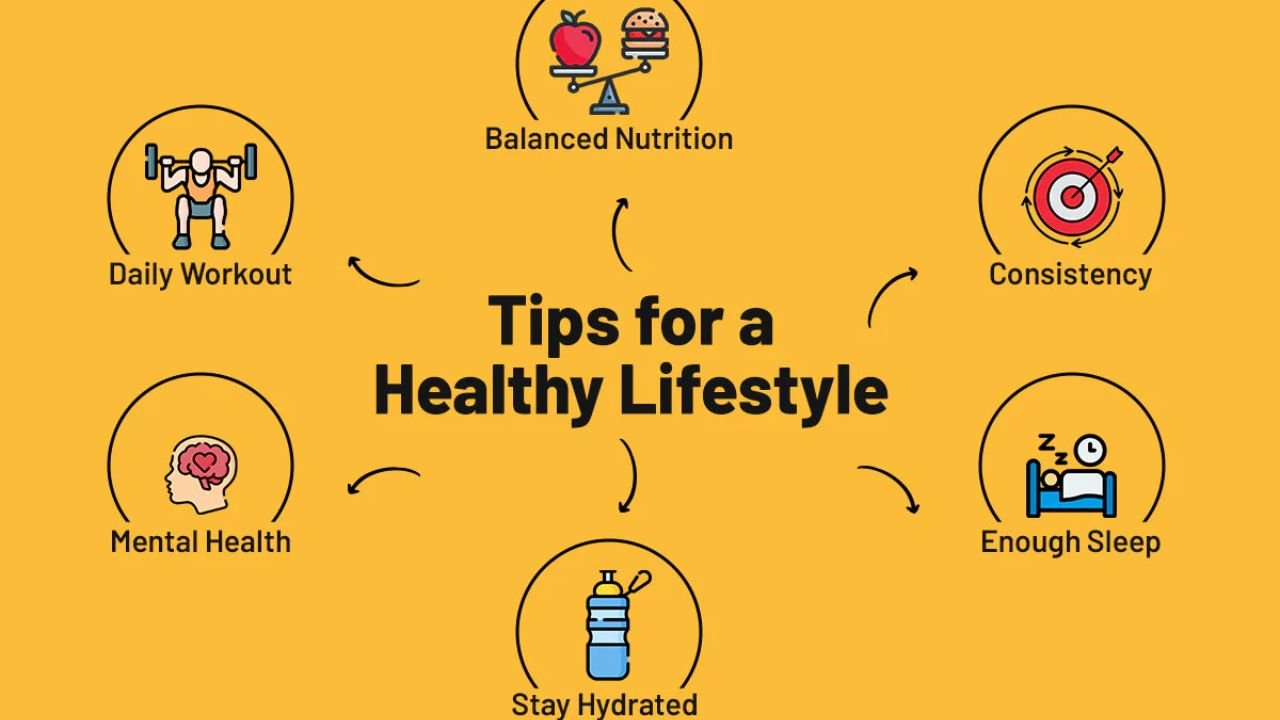Good health isn’t about strict rules or unrealistic goals. It’s built on small, consistent choices that help you feel strong, energized, and engaged. When wellness becomes a way of life, it supports every aspect of your well-being — physically, mentally, and emotionally.
Instead of focusing on short-term fixes, sustainable habits lead to lasting vitality. Movement, nutrition, rest, and mindset all work together to keep you feeling your best at any stage of life. Simple adjustments can make a big difference no matter where you start.
Move In Ways That Work for You
Exercise doesn’t have to mean intense workouts at the gym. Movement can keep you active and engaged — whether walking through your neighborhood, practicing yoga, or lifting weights to maintain strength. Staying active enhances flexibility, mobility, and balance, which are crucial as you age. These elements help prevent injuries, support independence, and improve overall quality of life.
Incorporating different types of movement ensures a well-rounded approach to fitness. Strength training helps preserve muscle mass, while yoga and stretching improve flexibility. Activities like tai chi enhance balance and coordination, reducing the risk of falls. Even simple habits such as taking the stairs instead of the elevator or standing up regularly if you sit for long periods contribute to overall movement and well-being.
The benefits of staying active as you age go beyond physical fitness. Regular movement boosts mood, sharpens cognitive function, and supports heart health. Finding an activity you enjoy makes it easier to stay consistent, turning exercise into a lifestyle rather than a chore.
Nourish Your Body With What It Needs
Food fuels your body, and choosing nutrient-dense options can affect how you feel. A diet rich in whole foods, lean proteins, healthy fats, and fiber-packed vegetables provides the nutrients needed for sustained energy and overall health.
Most of your body is water, so drink plenty of it. Doing so keeps joints lubricated, aids digestion, and supports cognitive function. Similarly, gut health influences everything from immunity to mental well-being. Including probiotics, fiber, and fermented foods helps promote a balanced gut microbiome.
Mindful eating further contributes to better health. Paying attention to hunger and fullness signals prevents overeating, while enjoying meals without distractions fosters a stronger connection with food. Balance is key — there’s room for your favorite treats when they’re part of an overall nutritious diet.
Meal planning can also support healthier choices. Preparing meals in advance reduces the likelihood of reaching for processed foods and ensures a steady intake of essential nutrients. Simple swaps, such as opting for whole grains instead of refined carbohydrates or using herbs and spices instead of salt for flavor, enhance the nutritional value of your meals.
Prioritize Rest and Recovery
Quality sleep and effective stress management allow your body to recover and function at its best. Sleep supports cognitive health, hormone regulation, and immune function, making it a non-negotiable part of a healthy lifestyle.
Creating a bedtime routine also improves sleep quality. Going to bed at the same time each night, limiting screen time before bed, and keeping your sleep environment cool and dark all contribute to better rest. If falling asleep is challenging, relaxation strategies such as deep breathing or meditation can help calm the mind.
Short breaks during the day to reset your mind and body can also be beneficial. Even five minutes of stretching, deep breathing, or stepping outside for fresh air can improve focus and reduce tension. Recovery allows the body and mind to recharge in ways that promote overall balance.
Cultivate a Strong Mindset and Community
A positive mindset and strong social connections are essential to overall well-being. Mental and emotional health influence motivation, resilience, and how the body responds to stress and illness.
Engaging in hobbies, lifelong learning, and creative activities brings fulfillment and cognitive stimulation. Whether playing an instrument, painting, or reading, these activities keep the mind sharp and engaged.
Social connections also contribute to long-term wellness. Spending time with loved ones, joining community groups, or participating in group activities fosters a sense of belonging. Meaningful relationships provide emotional support, reduce stress, and encourage healthier habits.
Additionally, practicing gratitude and setting personal goals can enhance mental well-being. Acknowledging positive aspects of life, no matter how small, shifts focus toward optimism and resilience. Establishing achievable goals keeps you motivated and provides a sense of purpose, contributing to overall wellness.
Conclusion
Living a healthy, active life doesn’t mean following rigid rules. It’s about finding balance, moving in good ways, nourishing your body with what it needs, and making time for rest and connection. Small, intentional choices lead to a stronger, more vibrant future.
Start where you are, make gradual improvements, and celebrate progress. Wellness is a lifelong journey of paying attention to and working with your body and mind. Eat well, exercise, and sleep well to get yourself feeling fresh.



